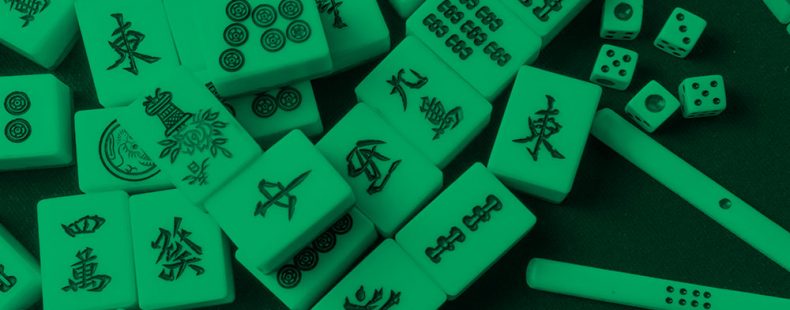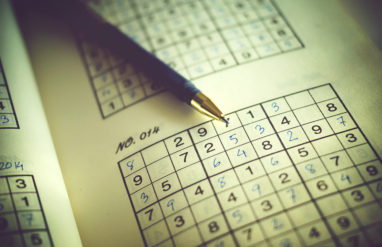Mah jong is a fun and popular game that tasks you with solving a tile-matching puzzle before you run out of moves. But what does the name mah jong even mean? And how can you play mah jong online? Well, pull up a chair and enter our game room because we have all of the answers you seek about this game of tiles and… sparrows?
Ready to join the mah jong fun? Visit the Dictionary.com games hub, featuring multiple versions of mah jong, mahjongg solitaire, and 80+ games, including more than 70 new ones!
What does mah jong mean in Chinese?
In Chinese, mah jong literally translates to “sparrows.” Sparrows are depicted on traditional sets of mah jong tiles, and there are several theories as to why the game is named after the birds—such as that the clattering of moving mah jong tiles resembles the chattering of sparrows or that the name is a reference to Chinese philosopher Confucius and his love of birds.
Why are there different versions of mah jong?
The traditional Chinese game called mah jong, or written as many other spellings, is a four-player game with rules similar to the card game rummy. However, this version of mah jong is probably not the one that most people are familiar with.
The mah jong that most people know is a single-player matching game that just so happens to use mah jong tiles. This game was popularized by 1980s computer games like Activision’s Shanghai (1986). To differentiate this game from the traditional Chinese mah jong, it is often referred to as mah jong solitaire or by other similar names.
How do you play mah jong?
Mah jong uses a set of tiles that depict dots, sticks of bamboo, Chinese characters, winds of the four cardinal directions, dragons, flowers, and seasons. Mah jong is a matching game with a simple set of rules:
- The goal of the game is to remove all tiles from play by matching identical pairs.
- A tile can only be used if it is open on the left or right side and is not underneath another tile. (The tiles are stacked in a three-dimensional shape.)
- Any of the four types of flower tiles can be matched freely, and any of the four season tiles can be matched freely.
- If no matches are possible, the game is lost.
- Bonus points are earned by quickly matching tiles.
Think you can master the tiles and become a mah jong mastermind? Venture over to our Mahjongg Solitaire page and show off those mah jong muscles! You can also challenge yourself with Mahjongg Candy, Mahjongg Dark Dimensions, and Mahjongg: Age of Alchemy.














